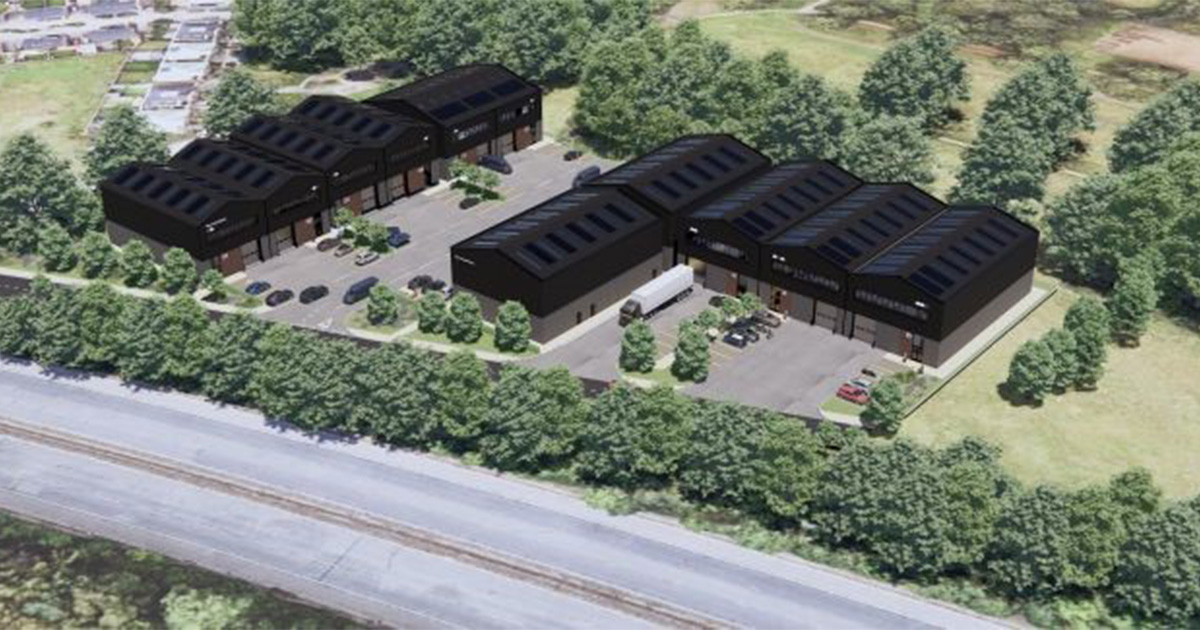Weathering the storm: the future for hotels – podcast

The Covid-19 pandemic created a perfect storm for the hotels sector and, despite ever improving signs of recovery, the resulting devastation will take time and innovation to repair. Unprecedented economic life-support provided by the UK government over the last two years has kept the gathering clouds at bay, but there could well be casualties in 2022 and beyond. This was the conclusion of a roundtable discussion hosted by Forsters on 10 November 2021.
Listen to the conversation in full here or head over to our blog to watch a video or download our whitepaper.
Learn more about our Hotels & Leisure team here at Forsters
In this episode we were joined by:
- Andrew Parker, Partner and Head of Hotels in our Hotels & Leisure team
- Victoria Edwards, Partner and Head of Real Estate Finance in our Real Estate Finance team
- Naomi Trinh, Partner in our Corporate team
- Sarah Pass, Consultant in our Commercial Real Estate team
Listen to more episodes and subscribe
You can listen to more episodes of the More Than Law podcast here on our website, as well as subscribe on your favourite podcast services, including SoundCloud, iTunes/Apple Podcasts, Spotify, Stitcher, TuneIn and YouTube.
To continue the conversation on social media, use #MoreThanLawPodcast.





